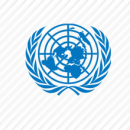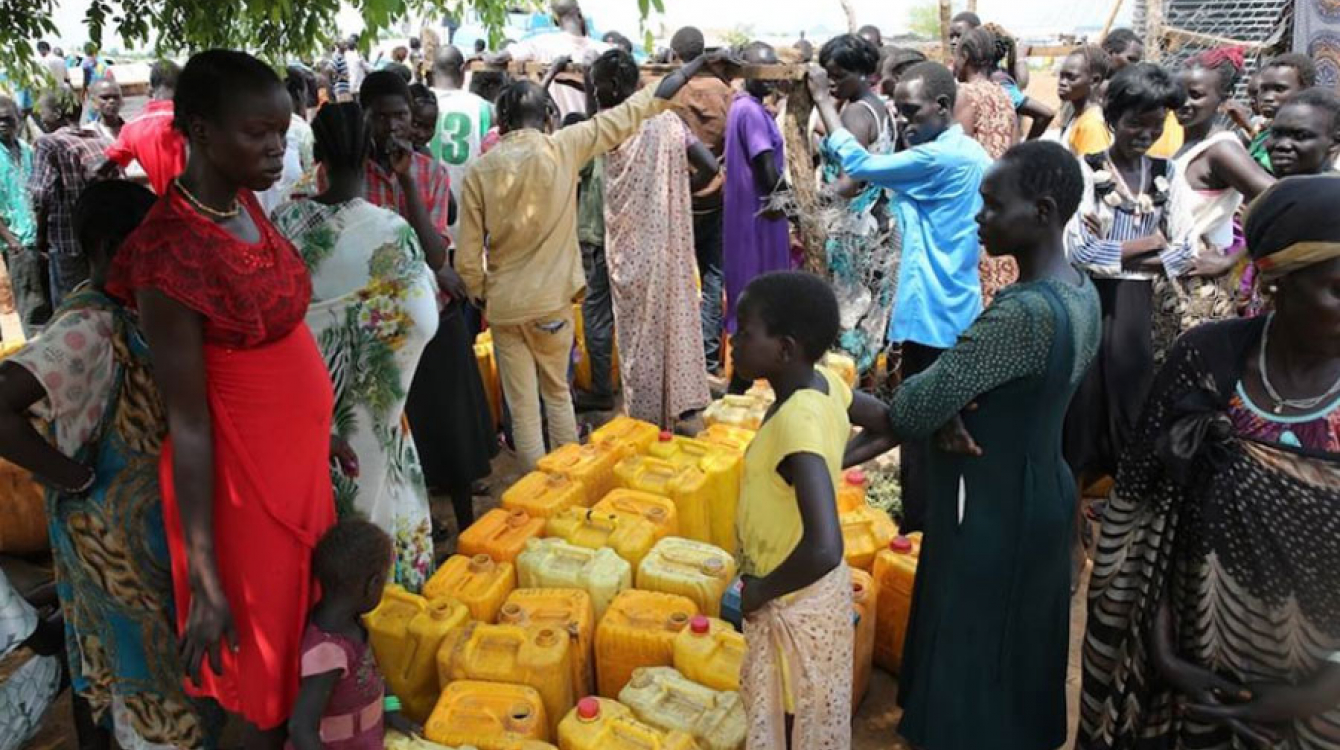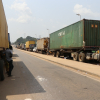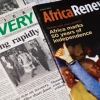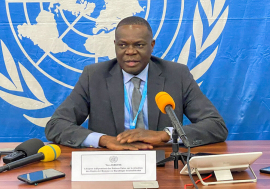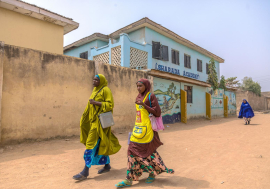South Sudan: UNICEF delivers life-saving aid to civilians displaced by fighting in Juba
South Sudan: UNICEF delivers life-saving aid to civilians displaced by fighting in Juba
14 July 2016 – The United Nations Children's Fund (UNICEF) and partners are providing urgent life-saving assistance to thousands of people displaced by last weekend's heavy fighting in Juba, South Sudan, which reportedly killed some 272 people, including 33 civilians, and displaced at least 36,000 civilians.“The people hit hardest by this fighting are struggling to cope in appalling conditions,” saidMahimbo Mdoe, UNICEF's Representative in South Sudan. “They are desperate for water, food and in need of medical assistance.”Yesterday, Under-Secretary-General for Peacekeeping Operations Hervé Ladsous told the Security Council that the fighting between forces loyal to President Salva Kiir and those backing First Vice-President Riek Machar made the movement of the UN Mission in South Sudan (UNMISS) difficult although the Mission was able to conduct limited patrolling.Primary health care kits as well as recreational items for children will be distributed today. Yesterday, four trucks of supplies, including the treatment of malnutrition as well as sanitation items such as water containers and soap, were dispatched from UNICEF warehouses and taken to a UN displacement site in Juba as soon as movement became possible in the city. High-energy food bars were also distributed in two churches where families have gathered.Teams from UNICEF and partners are also working to assess the extent of humanitarian needs and have begun family tracing for children who became separated from their parents as families fled the fighting. Plans are in place to assist up to 50,000 people affected by the conflict.“We are responding and that response will continue to grow, but it is vital that we are able to reach everyone in need and for that we must have unrestricted humanitarian access,” said Mdoe.

